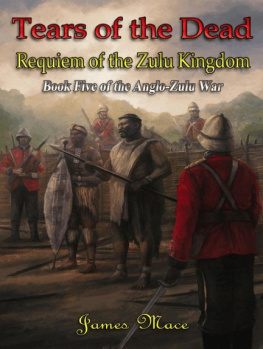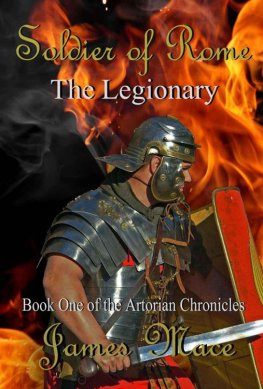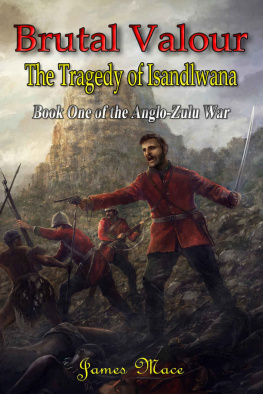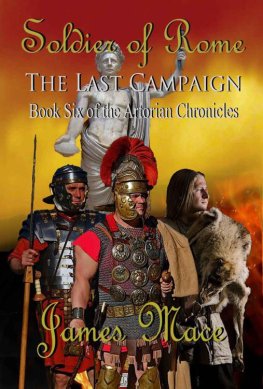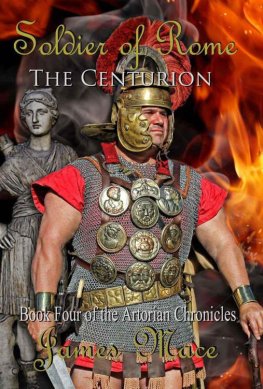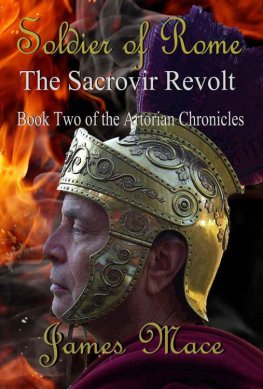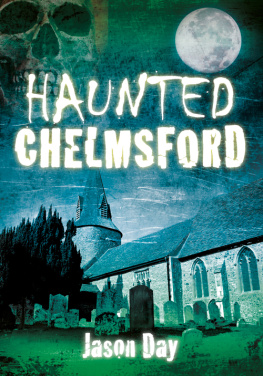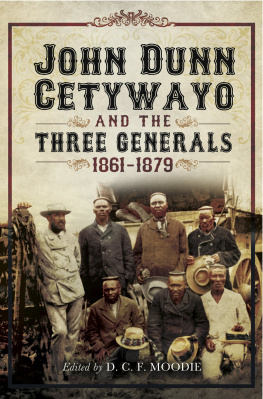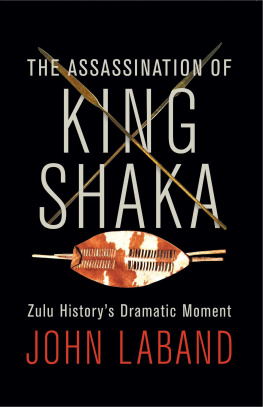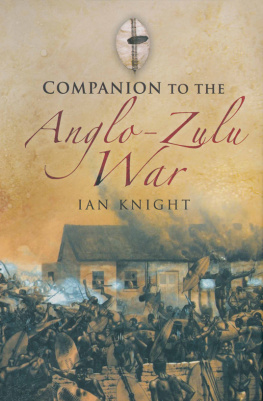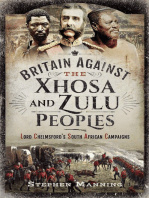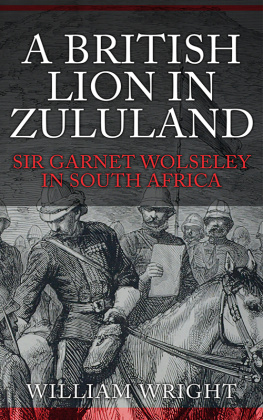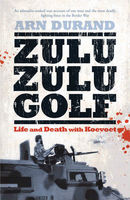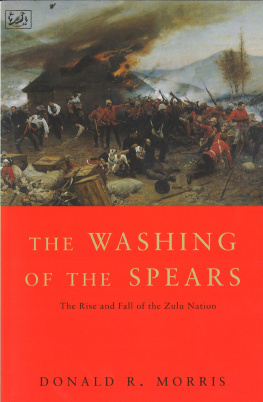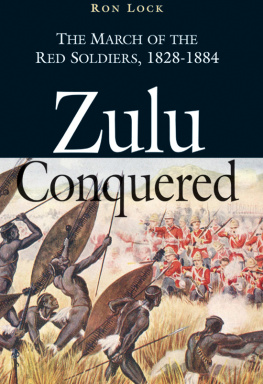Tears of the Dead
Requiem of the Zulu Kingdom
Book Five of the Anglo-Zulu War
James Mace
Electronic Edition Copyright 2019 by James Mace
All rights reserved as permitted under the U.S. Copyright Act of 1976, no part of this publication may be reproduced, distributed, or transmitted in any form or by any means, or stored in a database or retrieval system, without the prior permission of the publisher.
Characters and events portrayed in this book are based on actual persons and events but are used fictitiously.
Legionary Books
Meridian, Idaho 83642, USA
http://www.legionarybooks.net
First eBook Edition: 2019
Published in the United States of America
Legionary Books
Cover Images by Radoslav Javor, copyright 2019 Legionary Books Map sketches, unless otherwise stated, by Tracy Mace, copyright 2019 Legionary Books All photography and maps are used with the generous permission of the Royal Welsh Museum, and from the collections of Ian Knight and Ron Sheeley
The Works of James Mace
Note: In each series or combination of series, all works are listed in chronological sequence The Artorian Chronicles
Soldier of Rome: The Legionary
Soldier of Rome: The Sacrovir Revolt
Soldier of Rome: Heir to Rebellion
Soldier of Rome: The Centurion
*Empire Betrayed: The Fall of Sejanus
Soldier of Rome: Journey to Judea
Soldier of Rome: The Last Campaign
*Centurion Valens and the Empress of Death
*Slaves of Fear: A Land Unconquered
The Great Jewish Revolt and Year of the Four Emperors
Soldier of Rome: Rebellion in Judea
Soldier of Rome: Vespasians Fury
Soldier of Rome: Reign of the Tyrants
Soldier of Rome: Rise of the Flavians
Soldier of Rome: The Fall of Jerusalem
*Die by the Blade
Napoleonic Era
Forlorn Hope: The Storming of Badajoz
I Stood with Wellington
Courage, Marshal Ney
The Anglo-Zulu War
Brutal Valour: The Tragedy of Isandlwana
Crucible of Honour: The Battle of Rorkes Drift
Lost Souls: The Forgotten Heroes of Eshowe
Cruelty of Fate: The Fight for Khambula
Tears of the Dead: Requiem of the Zulu Kingdom
Stand-alone novel or novella
For Gods sake, can you not fire faster?
Lord Chelmsford during the Battle of Ulundi
Foreword by Ian Knight
In January of this year 2019 I was privileged to narrate a re-enactment of the battle of iSandlwana, which took place on the battlefield one hundred and forty years after the event.
Standing on the podium, with the present King of the Zulus, HM Goodwill Zwelithini, and his kinsman, Prince Mangosuthu Buthelezi both resplendent in their traditional regalia sitting behind me. I had the opportunity to tell an abbreviated history of the battle as a hundred or so re-enactors, wearing the uniforms of British redcoats of the time, made a glorious but mercifully bloodless last stand for the benefit of the assembled dignitaries and a crowd of tourists and local on-lookers. After it was over, and the Zulu amabutho had gathered to give a triumphal royal salute to their king, the red-coats rose from the dead and fell-in, marching past the dais with eyes right in a salute of their own. Many of the red-coats were history buffs who had flown out from the UK and regarded it as an honour to represent the British fighting troops who fell on that day; equally significant, it struck me, was the fact that the Zulu regiment who opposed them was made up from volunteers, some of whom had travelled considerable distances on the strength of a belief that it was important to keep the traditions of the past alive. If the battle was exciting
and it was serenaded by Zulu ladies excitedly ululating in the audience, the ancient sound of encouragement at tradition ceremonies the aftermath was undeniably moving, a genuine and unscripted coming-together of old enemies which did not excuse the wrongs of history but found common ground in a terrible experience shared, a recognition that they were bound together across the future by a tragic shared past.
The point is, of course, that the Anglo-Zulu War of 1879 is not fiction. It happened and for the Zulu people, in particular, the consequences are still unfolding. James Mace might have chosen fiction as a means of exploring the story, but the majority of the people he has written about, here in Tears of the Dead and in the previous books in the series, were real. Both the present Zulu king and Prince Buthelezi are descendants of King Cetshwayo, who features heavily in the book, whilst descendants of Mehlokazulu kaSihayo were watching the battle re-enactment alongside me. Lieutenants Chard and Bromhead, the heroes of Rorkes Drift, were real. Warren Wynne whose grave lies neglected now on the banks of the Thukela river, where he died after masterminding the defences at Eshowe was real. J. Brenton Carey was real, Redvers Buller was real, the Prince Imperial was real. If their stories can still be found in the history books, James has used his imaginative flair to bring them to life. Tears of the Dead is the final instalment of his Anglo-Zulu War saga, which first began with his account of iSandlwana, Brutal Valour, and which now plays out with the air of an epic tragedy which, of course, it was. Here James tells of the new British offensive, following the decisive victory at Khambula in the middle of the war, and of the curious story of Prince Louis Napoleon, exiled heir to the Bonaparte throne in France, who came to the war as a celebrity tourist and ended up well, youll have to read it for yourself. He tells, too, of the dreadful consequences of the Zulu victory of iSandlwana, and the cost paid in the end by its King, and its ordinary people, as the British Empire struck back.
James historical research is excellent, and his writing has benefitted from his experience of the battlefields. It benefits, too, from his own experience as a soldier, of his personal insights not only into the grisly horror of combat, but also of the drudgery of the logistical preparations necessary to wage war in a hostile environment, and of the boredom of being a private soldier with only the haziest sense of a cause and no knowledge at all of grand strategies.
In the end, however, it benefits most from his understanding of the cost of war not merely in terms of those killed or mutilated, but of the loss to be endured by wives and family, and in the case of the defeated the destruction of political and economic independence, and the loss of an entire way of life.
Even now, Zulu families still occasionally visit the iSandlwana battlefield to perform the traditional ceremonies necessary to return the spirit of fallen ancestors to their homes. Tears of the Dead is fiction but the Anglo-Zulu War happened. The consequences of the conflict, and of the losses it inflicted on both sides, live on still.
Ian Knight , author of Zulu Rising
Chichester, West Sussex, October 2019
Table of Contents
Preface
Cast of Characters
Prologue: Last of the Bonapartes
Chapter I: The Broken Warrior
Chapter II: Merciful Killing
Chapter III: Tears for the Dead
Chapter IV: Exiled Imperials
Chapter V: Innovative Weapons
Chapter VI: The Flying Column
Chapter VII: The First Division
Chapter VIII: The Second Division
Chapter IX: Issues of Transport
Chapter X: Charlie Harfords Return
Chapter XI: Conquering the Coast
Chapter XII: Farewell to Rorkes Drift
Chapter XIII: A Reunion of Friends
Chapter XIV: Farewell to Khambula
Chapter XV: An Untimely Return Home
Chapter XVI: An Imperial Mission
Chapter XVII: Wars are Won with Logistics
Next page
